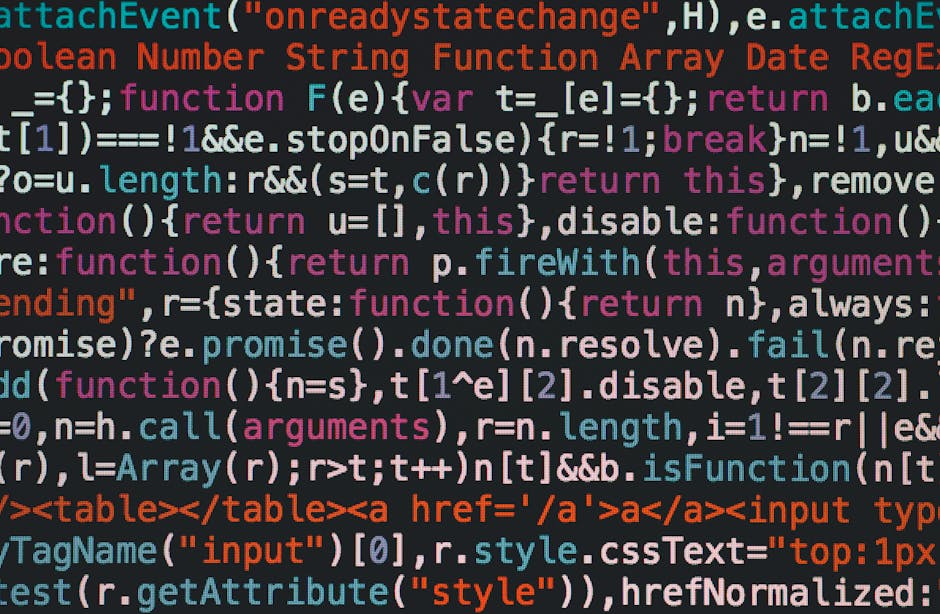Jamie Dimon, the CEO of JPMorgan Chase, recently made waves with his candid criticism of the Democratic Party. Speaking at a foreign ministry event in Dublin, Ireland, Dimon’s remarks have ignited a heated discussion about the party’s direction, its policies, and its approach to inclusivity. This article will delve into the details of Dimon’s statements, explore the context behind them, and examine the broader implications for the Democratic Party and the business community.
Dimon’s Unvarnished Critique: A Clash of Ideologies
During his remarks in Dublin, Jamie Dimon didn’t shy away from expressing his concerns. He stated, “I have a lot of friends who are Democrats, and they’re idiots. I always say they have big hearts and little brains. They do not understand how the real world works. Almost every single policy rolled out failed.” These words, delivered with his characteristic directness, have resonated widely and sparked considerable debate.
At the core of Dimon’s critique is a belief that the Democratic Party has become overly focused on ideology, often at the expense of practical, real-world solutions. He suggested a disconnect between the party’s stated goals and the actual impact of its policies, asserting that most initiatives have failed to achieve their intended outcomes.
Re-evaluating DEI: JPMorgan’s Shift in Focus
A significant portion of Dimon’s criticism targeted the Democratic Party’s approach to Diversity, Equity, and Inclusion (DEI) initiatives. While acknowledging the importance of engagement with diverse communities – including Black, Hispanic, LGBTQ+, and disabled individuals – he expressed concern that the current approach has become excessively ideological and out of touch with practical considerations.
Dimon highlighted a shift within JPMorgan Chase itself, noting that while the company has historically supported DEI programs, it is now moving towards a more practical and opportunity-focused framework. As a tangible example of this change, JPMorgan announced that in March 2025, its DEI program will be rebranded as “Diversity, Opportunity, and Inclusion” (DOI). This rebranding emphasizes equal opportunity rather than equal outcomes, reflecting a more nuanced approach to fostering inclusivity within the organization.
This realignment also involves a reduction in investment in certain diversity initiatives, aligning JPMorgan with a broader trend among major financial institutions. The overall movement appears to be a moderation of DEI language and programs in response to ongoing political and legal developments across the United States.
Pointing Fingers: Zohran Mamdani and the Party’s Leftward Lean
Dimon didn’t hesitate to name specific figures he believed embodied this problematic trend within the Democratic Party. He specifically criticized Zohran Mamdani, a democratic socialist who recently secured the Democratic nomination for New York City mayor. Describing Mamdani as “more of a Marxist than a socialist,” Dimon voiced concern about the party’s overall direction.
He also expressed worry about the enthusiasm with which Democrats are embracing policies such as rent freezes, free public transportation, and city-operated grocery stores. Dimon views these policies as disconnected from economic realities and, in his words, represent “ideological mush.” This perspective reflects a broader apprehension shared by other Wall Street figures regarding the Democratic Party’s increasing embrace of populist and interventionist policies.
A Business Perspective: Criticisms of the Biden Administration
Dimon’s concerns extended to the Biden administration, which he criticized for lacking business acumen. He reportedly questioned the absence of business expertise within the administration’s advisory circle, expressing disbelief at the perceived “lack of knowledge” among its members. These comments underscore Dimon’s persistent skepticism regarding the administration’s economic strategies and overall approach to business.
A Centrist Democrat: Dimon’s Political History and Donations
Understanding Dimon’s perspective requires a look at his own political history. Throughout his career, he has primarily supported Democratic candidates and committees, often identified as a centrist or business-friendly Democrat. He has previously described himself as “barely a Democrat” and has historically made contributions to both Democratic and select Republican candidates. This history helps contextualize his recent statements, suggesting a growing dissatisfaction with both major parties, particularly the Democrats’ ideological direction and the Republicans’ embrace of populism.
A Wider Trend: DEI Reassessment Across the Financial Sector
Dimon’s remarks are part of a larger reassessment of DEI initiatives unfolding across the financial sector. Several major banks are currently scaling back or modifying their programs in response to shifts in the political and legal landscape. While these adjustments are underway, Dimon maintains that DEI remains “good for business” and is “morally right.” However, he stresses the critical need for a pragmatic and balanced approach that integrates inclusivity with practical business goals and considerations.
Sparking Debate: Reactions and Ongoing Tensions
Dimon’s candid statements have ignited considerable debate within political and business circles. The rise of candidates like Zohran Mamdani and the Democratic Party’s focus on social issues continue to be points of contention among business leaders and more moderate Democrats. This ongoing discussion highlights the tension between progressive and centrist factions within the Democratic Party and underscores the complexity of navigating issues related to inclusivity and economic policy.
The conversation surrounding Jamie Dimon’s views is far from over, and his perspective continues to shape the debate surrounding the Democratic Party’s direction, the effectiveness of DEI initiatives, and the broader economic and political landscape.




Leave a Reply
You must be logged in to post a comment.